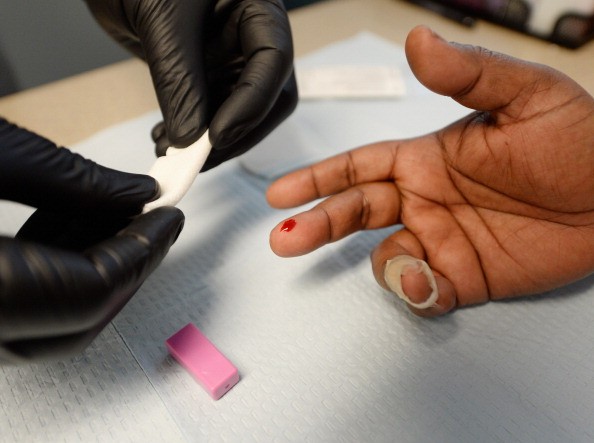
Researchers have announced the failure of a major study to determine if paying people with HIV can help keep them taking their antiviral medications. Patients in the Bronx and in Washington, DC, were paid up to $280 a year to take their medications daily, but this incentive did not help them adhere to their treatment.
The study paid $2.8 million to 9,000 patients with HIV in 39 clinics. However, the improvement in medication adherence for the clinics that gave out the money was only 5% compared to those that did not, which is statistically insignificant.
However, incentives in the form of money may still work for some patients and in some areas, the researchers reported. The failure of this study was a surprise however. The study also learned that paying patients to take HIV tests and then return to find out the results and meet with a doctor also failed. Financial incentives to help people alter behaviors that affect health have worked in other situations and in other countries.
The goal of the study was to get patients with HIV to keep taking their medications regularly and return for follow up care as scheduled. Antiviral drugs against HIV (human immunodeficiency virus) only work if they are taken as directed. People who are infected with HIV and who take their medications regularly are 95% less likely to infect others. However, only about one in four people with HIV take their medication regularly enough to reach that level.
According to the Centers for Disease Control and Prevention, there are currently about 1.1 million Americans who are infected with HIV.
The study was conducted by the HIV Prevention Trials Network. The results of the study were announced at an AIDS conference and were reported on by the New York Times.



